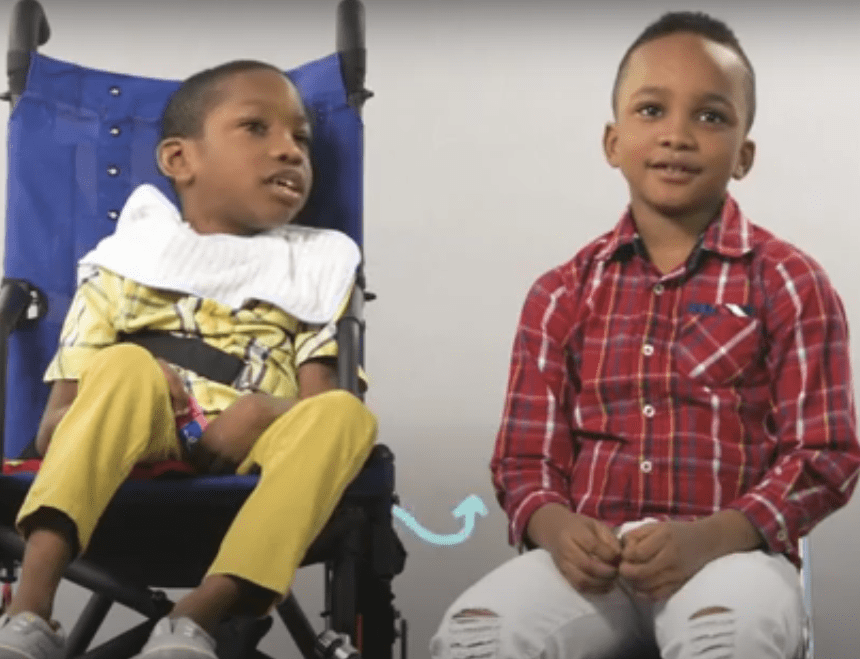Macy Putka
Macy Putka (She/Her) is an eighth-grader at Little Red School House and Elisabeth Irwin High School. She currently lives in New York and loves to run and play hockey in her free time. She's deeply interested in learning about the child welfare and adoptions system along with child abuse and neglect all throughout New York City.



